SHOP 5/420 SECRET HABOUR BOULEVARD, WA 6173, PERTH, AUSTRALIA
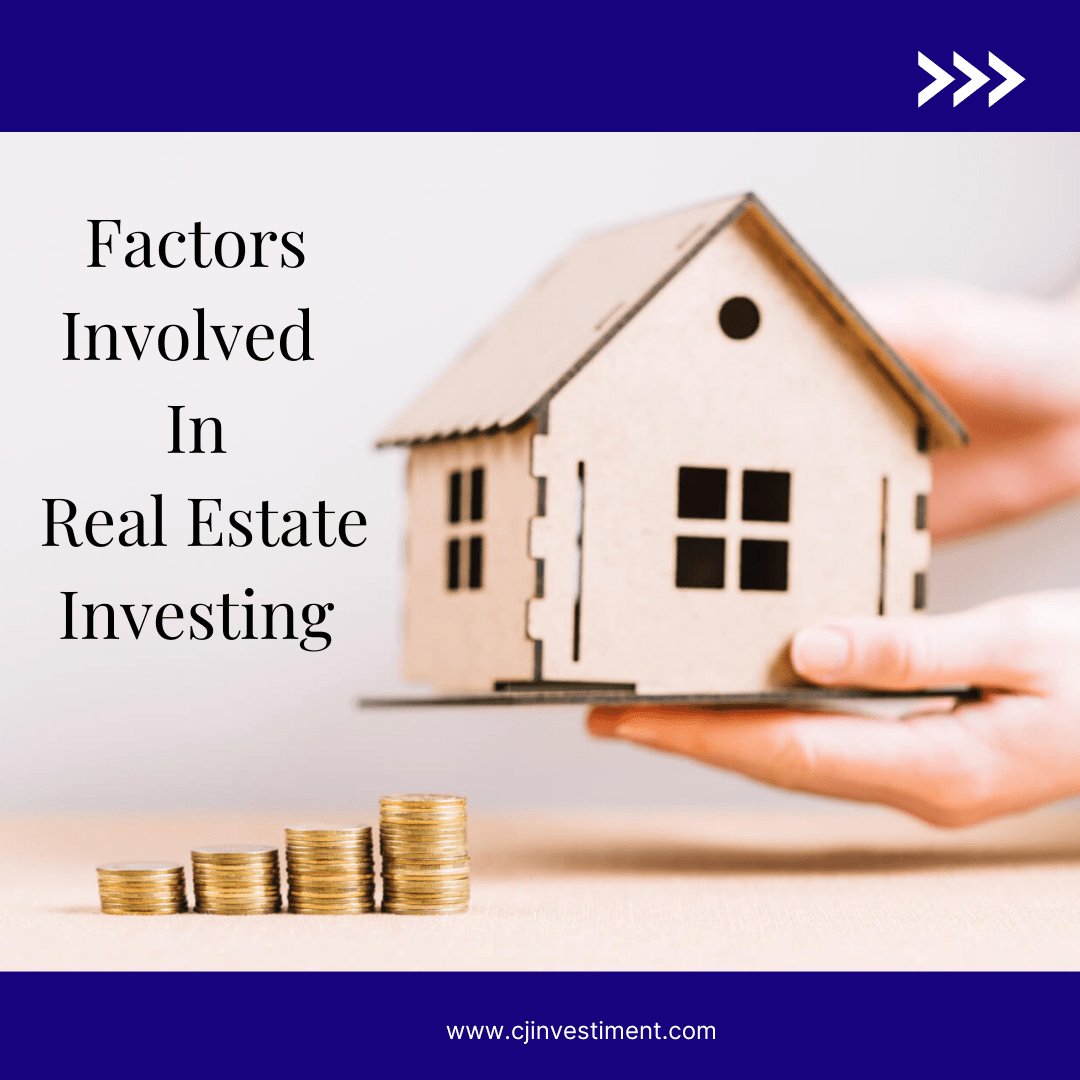
Real estate investment is a great way to make money. But it’s not as simple as just buying a property and selling it later on. You’ll want to consider many factors before deciding whether or not real estate investment is right for you.
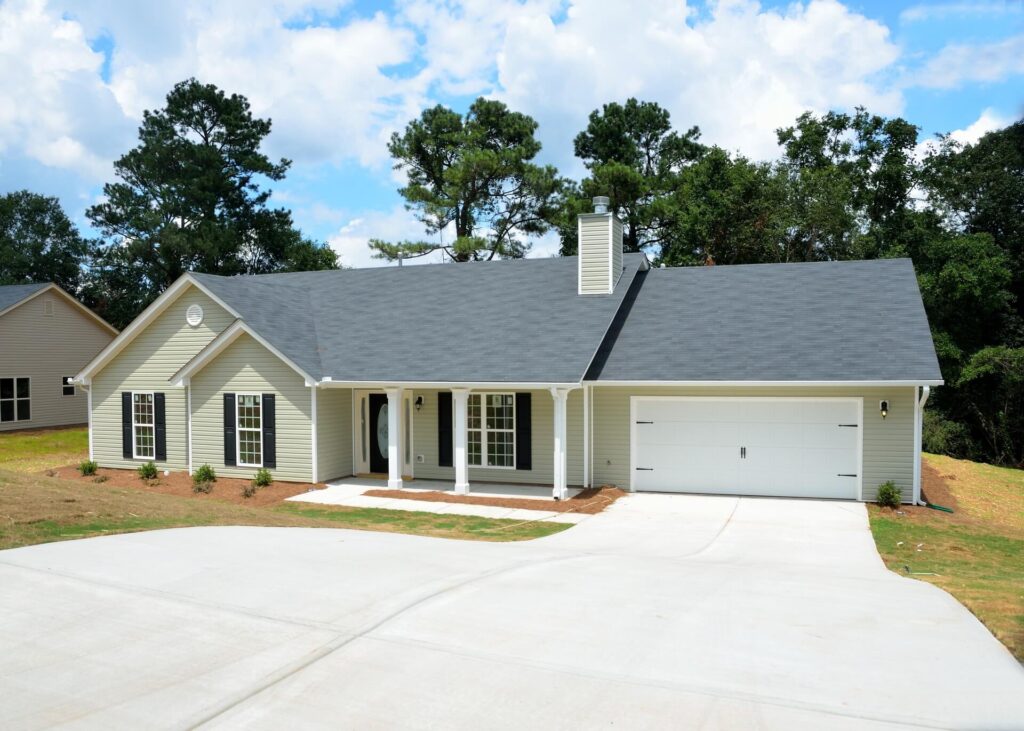
The first factor that you should consider is location. This might sound cliche, but it really is a big deal. If you find a home on the best street in one of the better neighbourhoods that meets your other requirements, it’s probably not a bad investment.
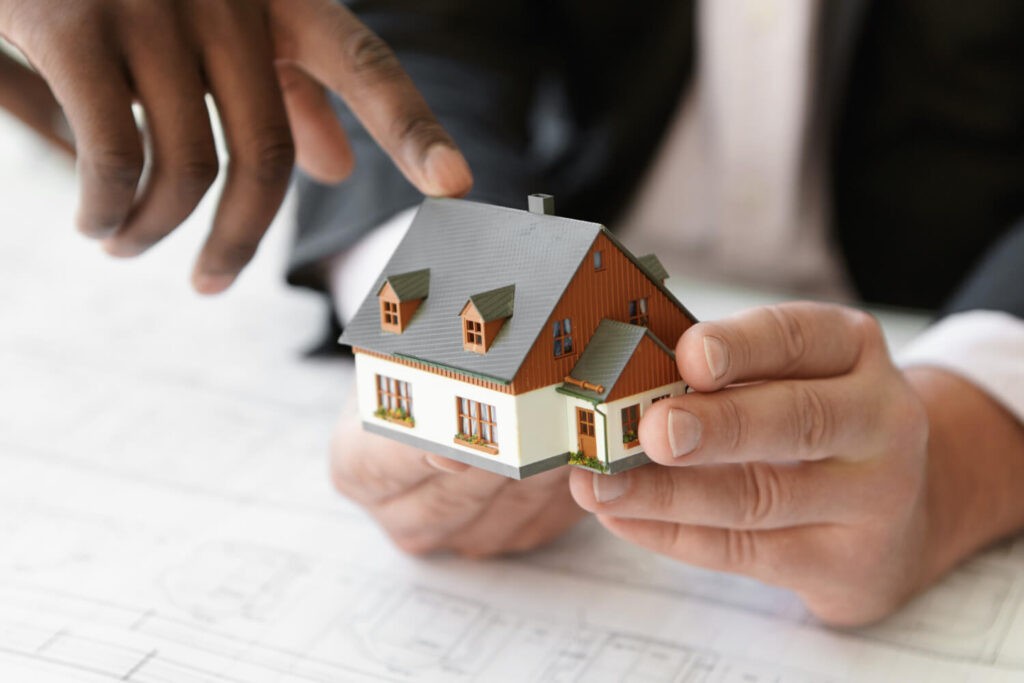
Next, you’ll want to examine the potential resale value of the property. This probably isn’t something you can accurately gauge yourself, so you’ll want to work closely with your real estate agent on this point. They should be able to give you a fairly accurate estimate of what the house might be worth down the line.
The real estate agent should know their market and be able to tell you if the house will sell for more or less than you paid for it when it comes time for sale.

When you’re deciding which real estate investments to make, it’s important to consider the schools in your area. Even if you don’t have school-age children and aren’t interested in sending them to public schools, many parents are — and they’re often willing to pay a premium for homes in high-quality school districts.
Schools are important because they influence property values and crime rates.
Property values can be affected by test scores at local schools. People who live near good schools tend to be more affluent than those who live near bad ones. Therefore, having an excellent public school system in the neighbourhood may prove beneficial when determining how much your home will sell for on the market or whether it would be safe enough for yourself or loved ones without any concerns about safety issues like burglaries or robberies happening around them.

Crime rates are another factor that can affect property values significantly — both positively and negatively. You’ll want to find out if there are many criminal incidents in the area and how they might impact resale values later on.
If crime rates are high, it might be hard to sell your house later because potential buyers may not feel safe living there or investing in the neighbourhood. On the other hand, if crime rates are low, you could have an easier time selling your house since criminals will likely move away from an area where they don’t feel comfortable committing crimes like robbery or burglary.
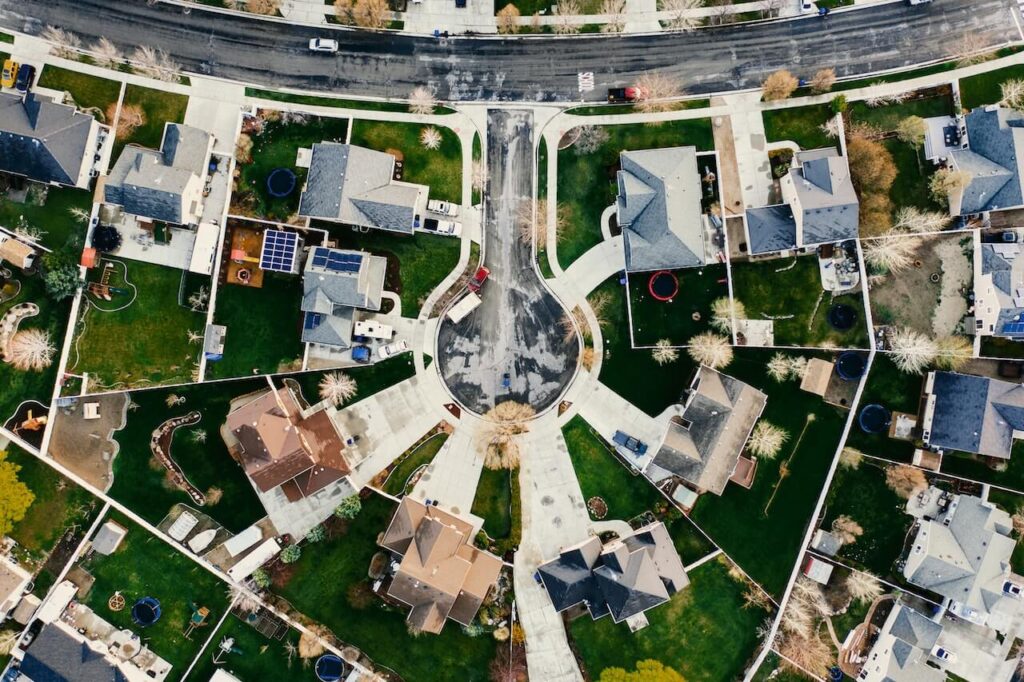
Finally, look at the local economy. Is there a strong job market? Are living expenses and wage levels high or low? These factors will help you determine whether or not people can afford to live in your neighbourhood and whether or not they will want to move in when you eventually decide to sell your house.
If there are good jobs available in the area, then it should be easier for potential buyers who want a house but don’t want to live near work. You could also consider renting out an apartment instead of buying another house if that’s an option for you; this would allow you more time while still being able to invest savings into real estate without needing much up front cash investment (although this may require finding tenants willing/able/willing).
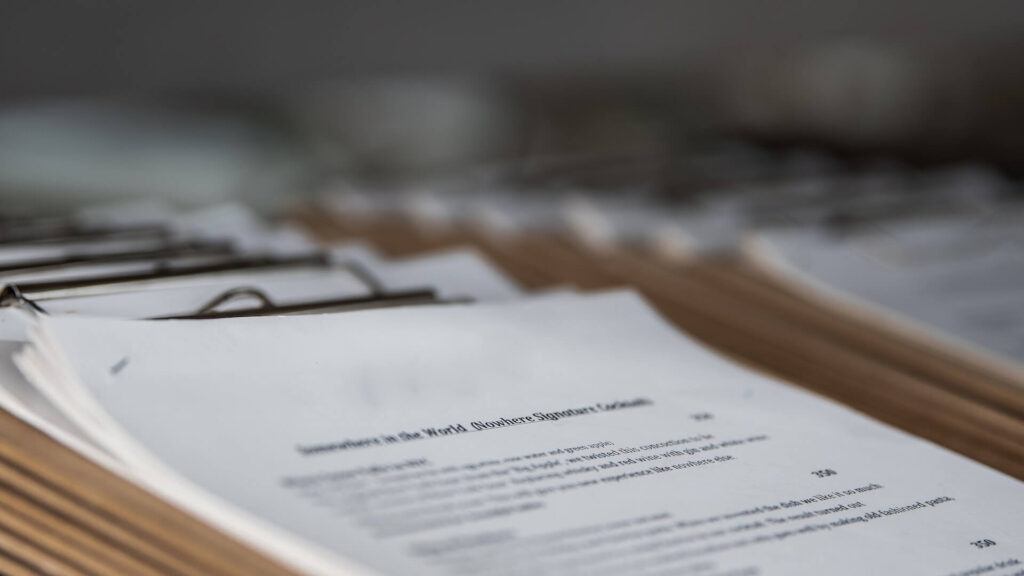
There are a number of ways in which government policies can affect real estate investment decisions. For example, changes in tax policy can affect the profitability of investment properties and the desirability of certain locations. Regulations governing the development and use of land can also influence the types of properties that investors are interested in and the amount of money they are willing to put into a project. Additionally, economic conditions can impact the demand for certain types of real estate and the prices that investors are willing to pay.
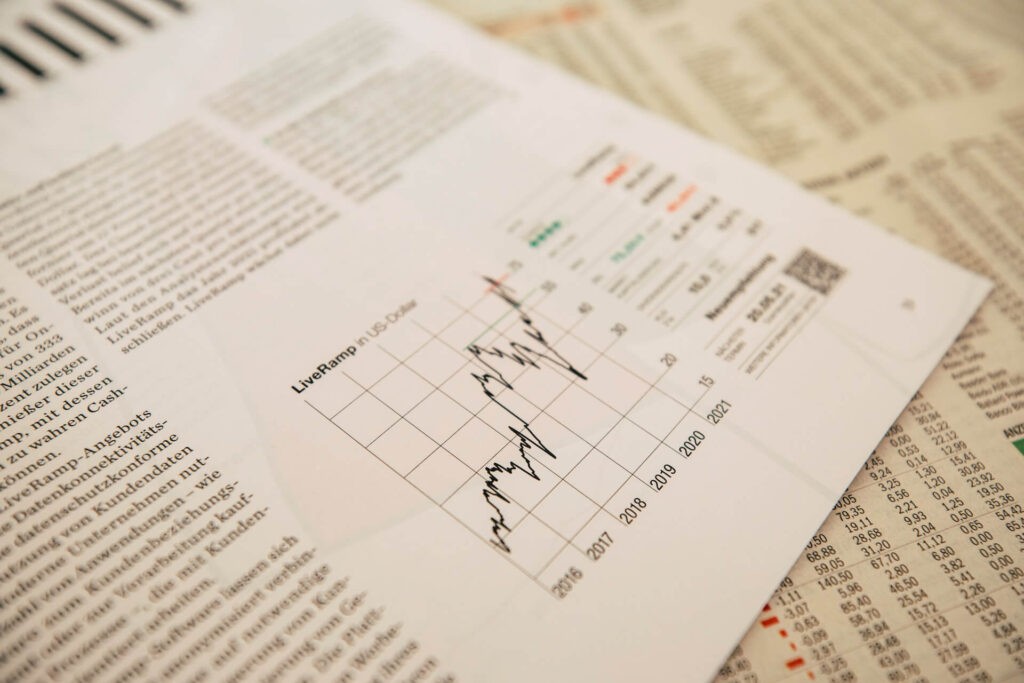
The effect of interest rates on real estate investment decisions is both significant and complicated. The most important factor is the mortgage rate, which is the rate at which you borrow money to finance the purchase of a property. A higher mortgage rate will increase the cost of buying a property, and may make it more difficult to obtain financing. Additionally, rising interest rates can lead to higher monthly payments, which can make it more difficult to afford a property.

Economic growth usually has a positive effect on real estate investment decisions. The reason is that when the economy is growing, there is an increase in the demand for space which results in the appreciation of real estate prices. This appreciation provides an incentive for investors to buy properties and thus, increase their investment in the real estate market.
We hope that this article will help you to understand the real estate investment process more fully and make more informed decisions as soon as possible. If you’re looking to buy a house, it’s important to know what factors affect its value down the line so that you can get yourself into a position where you have maximum control over your finances. As we’ve seen, location is one of those factors — but not the only one.
I have known Charles Vincent Kauwasha for many long years now since we first met in Accident and Emergency department of Hutt Hospital Lower Hutt New Zealand, where he was an emergency nurse. I had a problem with my heart and very quickly learnt to trust him with my life! we got talking about our businesses and exchanged contact details. Charles has been a loyal friend and business contact here and on whatsapp etc ever since that time, even after he moved from New Zealand to Australia. Charles is a very honest, loyal and trustworthy person, both in business and as a friend. I highly recommend Charles as a safe person to know and do business with.
Charles has provided me with many – free but easy to use marketing tools. If you are new to affiliate marketing – Charles is the best person to go to
With his humble beginnings overseas, Charles would be a perfect mentor for someone feeling trapped with not much to look forward to in future. Listen to his story and be amazed and inspired… starting with nothing to where he is! He will teach you about the power of perseverance. Well done Charles
A unique and profound CEO I have seen in our times, I have seen the calibre in Charles. Charles has a performing influence drive from his desires to do work in an extraordinary way. Charles is adeliver, you will not regret working on projects with him
I Studied with Vincent Kaluwasha during this programme. A highly skilled and knowledgeable individual. Passionate about Occupational Health and would suitably work in the is capacity anywhere in the world”.
JACOB JOSEPH SAKALA-NURSE CONSULTANT
Charles is a man with a great deal of integrity and takes pride in his work
I’ve known Charles for many years and every encounter has been a happy one….he has a wonderful attitude towards life. He is a man of integrity
C J Investiment helped me to secure my first investment with couple of weeks. I will recommend their services to anyone looking for best investment in any city or country
I have seen how Charles has evolved from nothing to setting up a real estate portfolio with determination -Jessica McDade He is a man of integrity and passion who leaves a stone unturned!
All the developers of D5 Creation have come from the disadvantaged part or group of the society. All have established themselves after a long and hard struggle in their life
Thanks to you Charles, we can be there when the worst happens to give people the emergency medical care they need – and rapid transport to hospital. Your support means that CareFlight can fly at a few minutes’ notice, to some of the most inhospitable places in this country. It means patients like Simon can be reached quickly with hospital-level emergency care at the scene – and in cases like Simon’s every minute counts.
On behalf of everyone at CareFlight, thank you for your generosity – and have a wonderful holiday season. Thank you so much
Dear CVK, Awesome, a huge thank you for your prompt response!!! I feel blessed to know you.I love your inspiring video and I have learnt a lot from your nicely arranged presentation. I can’t remember the question I paused to you myself but it feels like whatever it was I asked you has been effectively dealt with in your powerful video. By the way, I strongly feel you can make a good mentor of mine considering the massive education and experience you have acquired through the years. Let me know if you can do this for me because I firmly believe there is a purpose why God brings certain people into our lives which is to help us achieve our fullest potential and arrive at our God-given destiny. Remain blessed forevermore in Jesus mighty name, Amena!!! By the way, many thanks for your quick encouraging feedback and for the free book offer on how to attract people to my biz.Will study the book ASAP and I should be able to implement what I will learn and will see where that will take me. I am looking forward to a rewarding interaction between the two of us. Once again, thank you for your non-wavering support and encouragement you have rendered to me over the years. I thought you had given up on me and forgotten about me since I appeared to be wasting your time. I am still interested in salvaging my life and do something new and big because I am tired and sick of living a mediocre kind of life. Please help me if you can by God’s grace. Have a blessed day my Brotherman
Charles, right now, a lot of people in this country are saying, “Thank you.”Thank you for being there when they needed help most. Thank you for taking charge when their world was turning upside down. Thank you for giving them confidence, when they were afraid and needed life-saving help. As a CareFlight Support Crew Member, you are making such a difference for so many people. Your regular donations help save lives and keep families together. Patients like Thomas, who told us, “You made it possible for me to survive.”And Agnes, who said, “I’m very grateful a service like CareFlight exists.”Below are some more messages of thanks: Thanks from the patients you help. As we head into another year, we know there will be even more people who will call on our services. So, I’d like to add my heartfelt thanks to those of our patients, for your steadfast support. Together we are ensuring CareFlight is always there for people when they call for our help. Whether it’s intubating a patient at the scene of an accident, or ensuring a newborn is safe on a flight from a remote area to a major hospital for treatment, our patients cannot speak highly enough of the care they receive. Charles, that care is part of a chain that starts with people like you. These expressions of gratitude, from all over the country and from all walks of life, show you how much your support is valued – and how much it is needed, more than ever. We can’t do what we do without you.
Dear Charles
If this year has taught us anything so far, it’s that none of us ever truly know what is around the corner.
That’s why I can’t thank you enough for your support that ensures we can continue to provide life-saving aeromedical care to Australians most in need.
Our CareFlight crews are in a unique position to understand what Australians have been going through. Every day, we care for people who have found their world shaken by a sudden accident or illness – coping with circumstances almost none expected to face when they woke up that morning.
People like Simon Bowman don’t like to rely on others for help. But one day, as he lay trapped inside his car after a terrible road accident, with suspected injuries to his spine and shoulder and a possible head trauma, Simon needed life-saving help desperately. CareFlight was there in a matter of minutes.
CareFlight’s rapid response helicopter service is so vital in situations like this. Our crew can be airborne in minutes and by the side of our patient, delivering hospital-level emergency care as fast as possible.
Simon doesn’t remember much about his accident, but he does recall the voices of the CareFlight crew as they worked urgently to treat his injuries. Simon told us: “I knew there was someone looking after me and that I was in good hands.”
Our mission is to deliver people the very best care. We’ve spearheaded international aeromedical innovations such as our stretcher bridge system and become the first civilian service to carry blood plasma to the scene of an accident.
The care, the state-of-the-art equipment, those voices which reassure patients that they are in the hands of skilled professionals they can trust – it’s all thanks to people like you.
Simon has recovered and recently visited our base to meet some of the crew. He has never forgotten the help he received from CareFlight, so meeting them again was an emotional experience.
Seeing the helicopter that transported him to hospital, he was amazed at its size. He confessed he’d never been that keen on helicopters, “but I was very keen that one was there that day.”
Your support for CareFlight is helping to save so many lives, like Simon’s.
Thank you so much.
HAPPY BIRTHDAY, CEO!! peacemaker, Shepherd, wise, intelligent, focused, hardworking, caring, loving, forgiving, Husband, Granddad and most importantly best Father Charles V. Kaluwasha![]() . We’ve been truly blessed to have you as our mentor and protector. We thank God for keeping you alive and healthy. Today we celebrate your 60th, a blessed milestone! Next, we count down to your 100th BIRTHDAY. WE LOVE YOU and pray we have you as our father in the next life- @Kendy Kaluwasha
. We’ve been truly blessed to have you as our mentor and protector. We thank God for keeping you alive and healthy. Today we celebrate your 60th, a blessed milestone! Next, we count down to your 100th BIRTHDAY. WE LOVE YOU and pray we have you as our father in the next life- @Kendy Kaluwasha
Charles is a very intelligent individual and is very knowledgeable in regards to the Australian Real Estate market. We continue to work a long side each other and we will be for a very long time. He is a much needed asset to my business and growth of my business in the future.
Charles, is very knowledgeable about real estate and great person to connect with. He teaches what he has done himself.
My great sponsor, you inspired me a lot, you are really God sent, to make life better for me, I will not hide it from you, that I really have a little bit of financial contains, because all what I was saving for my travel I left 60%of the money to take care of my two children, to buy a bag of rice and different foods stuff. so here in Monrovia I don’t want to sit idle I just want to start some clothing business, so I am pleading what everything you help me with for the sake of God Almighty, God will surely triple it in return. Thanks sir and God bless you the great man one day you will be the richest man in Zambia, God bless you. I pray that the money will grow more than ten billion dollars. Amen sir, thank you sir, one day you will be a leader in Zambia, by the Grace of God, that my vision for you sir.
Thank you sir hope your work and business expand. Greatness is your portion on a daily basis. You inspire many to pursue their dream, so good to see you pave the way.
You are just not any other resource mwanta, but a creative, proactive and as sharp as a double-edged sword. I love the way you have put together connected opportunities available in our programme and the turning of light by the blind buddy. This is awesome, This is incredible!! https://www.entredevec.com/
Hello. How was the day? Mine was fine, and I was reading the testimonies people are presenting about you. You are great, and I want to learn from you. I am really impressed with your work, experience and expertise. Continue helping us.
The book Launch speech On 25 November, my co-authors and I had to present our speeches. One week later, this is what people had to say… Mwebantu…who has @Charles Kaluwasha speech at the book launch 😄 It was POWERFUL-Cranston I tell you, that was captivating I don’t think people remembered to press record. For the book am reading ba @Charles Kaluwasha story and while reading am imagining it being told just like the speech 😀. -Cranston I hope someone captured it; maybe check the zoom recording as well. He was on fire 🔥 🔥🔥🔥🔥 It was fun to listen to. –Cranston Personally, I can confess…after technical difficulties and having to personally meet and speak to the VIPs I invited…it was VERY refreshing to sit in the audience and just take in what you had to say. It was so good 😄-Cranston Yeah, he was on fire…I thought he was going to make a book launch altar call 😄. There was so much energy, and time was not our best ally; otherwise, we were going to spend a night there.- Paster Kennedy Phiri The story is also good, so authentic and inspiring. If I was not yet abroad, that is the story I would like to read. The speech made me want to read it first, despite being the last reading 📖.-Theresa D’Amaden
Hi Charles, I hope this message finds you well. I have been inspired by your achievements as the Founder & CEO of CJI, a Real Estate Investor & Developer, as well as your status as a #1 Amazon Bestselling author. Your entrepreneurial skills and dedication to delivering exceptional results for over 10 years are truly commendable. As a mortgage broker, I understand the importance of having a strong network of professionals to support and empower success. I wanted to reach out and offer my assistance as well as explore potential collaboration opportunities with you. Whether you need assistance with home loan refinancing, business loans, or any other financial solutions, our team is here to help. We specialize in tailoring our services to meet the unique needs of busy professionals like yourself. With our expertise, we can provide the support you need to fuel your real estate ventures and continue your entrepreneurial journey. Additionally, I wanted to highlight our referral program. We believe in the power of collaboration and building strong relationships within the industry. If you come across any individuals or clients who could benefit from our services, we would be more than happy to assist them. Likewise, we would be glad to refer clients to you whenever there is an opportunity to leverage your exceptional entrepreneurial skills, coaching, and mentorship. I would love to have a quick chat with you to discuss how we can collaborate and support each other’s success. Looking forward to the opportunity to collaborate with you, Charles, and empower each other’s entrepreneurial journeys. Jay Menon www.jjmfinancespecialists.com.au
Congratulations partner on the 6th year anniversary of your hard work. Your ability to embrace open-mindedness, being passionate, having a sense of selflessness and fulfilment of life; with the greatest desire to impact others, are the greatest keys that have helped you to record such an amazing achievement.